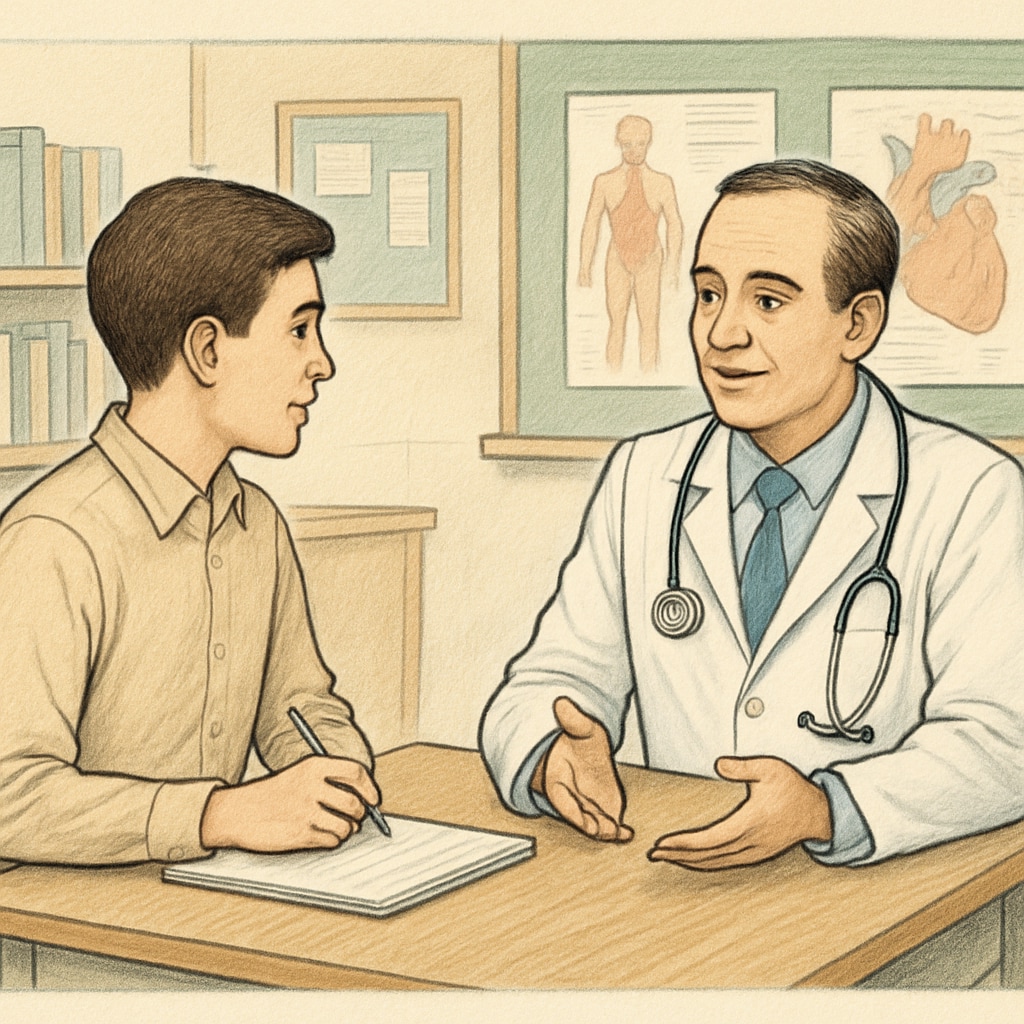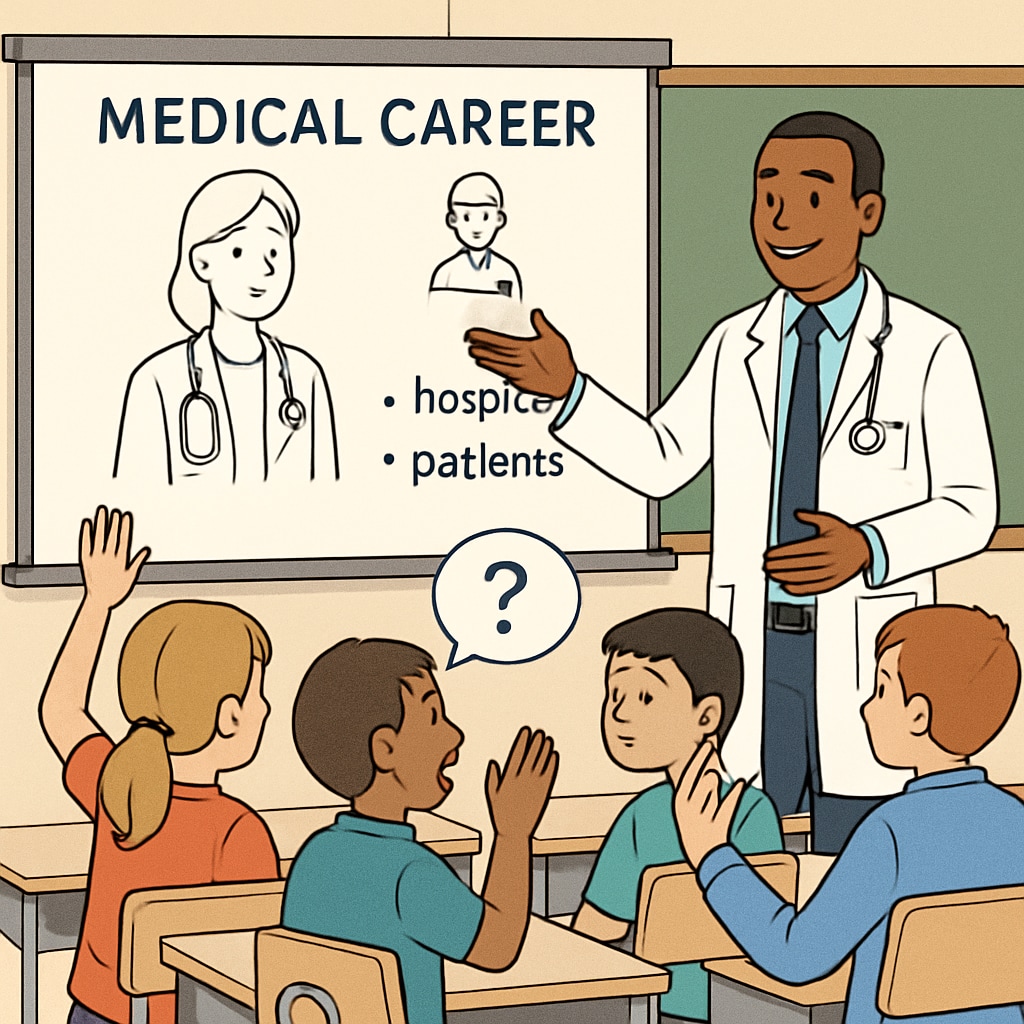Incorporating medical careers into school projects through structured interview questions can be a transformative experience for K12 students. Offering exposure to real-world professions, these activities not only provide valuable insights but also help students develop critical thinking, communication, and planning skills. By connecting with professionals in the medical field, young learners can better understand the pathways to their desired careers, setting a solid foundation for their future.
The Importance of Career Exploration in K12 Education
Career exploration during the K12 years plays a vital role in helping students make informed decisions about their futures. With the ever-changing landscape of job opportunities, early exposure to different fields allows students to identify their interests and aptitudes. For the medical field, this is especially crucial, given the long and challenging educational journey required. Understanding the realities of medical careers—such as the demands, rewards, and pathways—can motivate students and provide clarity.
Structured activities, like professional interviews, offer students a chance to ask targeted questions about daily responsibilities, work-life balance, and the skills necessary to succeed. For example, a student interested in becoming a surgeon might ask about the years of study involved, the challenges of surgical procedures, or how surgeons manage stress. These first-hand accounts can dispel myths and provide a grounded perspective.

How Medical Career Interviews Enhance Learning
Engaging students in medical career interviews as part of school projects offers numerous educational benefits:
- Real-World Insights: Students gain authentic knowledge about the medical profession, including the educational paths and personal sacrifices involved.
- Skill Development: Formulating questions, conducting interviews, and summarizing findings enhance students’ critical thinking, research, and communication abilities.
- Networking Opportunities: Early interactions with professionals can inspire mentorship opportunities and build valuable connections.
For teachers, such projects can align with various curriculum goals, including science, health, and career readiness. Schools can partner with local hospitals, clinics, or medical schools to facilitate these interactions. For example, the Association of American Medical Colleges (AAMC) offers resources that could inform educational initiatives.

Crafting Meaningful Interview Questions
The success of a medical career interview project depends heavily on the quality of the questions students prepare. Here are some tips for crafting impactful questions:
- Start with open-ended questions like, “What inspired you to pursue a career in medicine?”
- Address challenges: “What are the most difficult aspects of your job, and how do you handle them?”
- Explore educational paths: “What steps did you take to become a [specific role]?”
- Discuss work-life balance: “How do you manage the demands of your profession alongside personal responsibilities?”
By encouraging students to think critically about what they wish to learn, educators help them approach the project with purpose and curiosity. Additionally, resources like Britannica’s overview of medicine can provide foundational knowledge to inform their questions.
Long-Term Benefits of Early Medical Career Exposure
Beyond immediate academic achievements, exploring medical careers during the K12 years has long-term benefits. Students who engage in these projects often:
- Gain a clearer sense of direction regarding their future studies and career paths.
- Develop transferable skills such as public speaking, networking, and critical analysis.
- Demonstrate initiative and curiosity, qualities valued in college admissions and scholarship applications.
As a result, these experiences not only prepare students for potential medical careers but also equip them with life skills applicable across various fields.
In conclusion, incorporating medical career exploration into K12 education through structured interviews offers students a unique opportunity to connect classroom learning with real-world applications. By fostering curiosity, critical thinking, and a proactive approach, these projects pave the way for informed career choices and personal growth.
Readability guidance: This article maintains short paragraphs, uses lists to summarize key points, and integrates transitions (e.g., “for example,” “in addition,” “as a result”) to enhance flow and comprehension.


